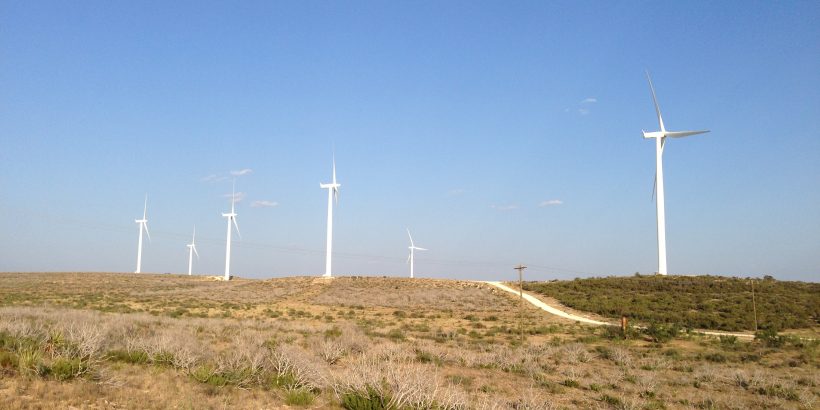Green Mountain Energy® Blog
Zero Waste—What Does that Mean?



The phrase “zero waste” has been making the rounds lately. To keep you in the know about green living trends and best practices, we’re breaking down what zero waste means, why it’s important and how you can help.
What is zero waste?
The definition of zero waste can vary based on what’s trying to be achieved, but the main concept is for zero trash (aka waste) to be sent to landfills, incinerators and the ocean. This calls for rethinking how goods are made, packaged and used. In theory, any part of a purchased good should have reusable capabilities.
Why is zero waste important?
Whether it’s a scarcity of natural resources, rapid population growth or greenhouse gas emissions (like methane gas from landfills), our planet is experiencing significant threats. Between household waste, infrastructure development waste and manufacturing waste, collectively, we must do better. Adopting a zero-waste philosophy ensures you’re making a positive change for future generations (because they will be living on even fewer resources!).
How can you strive for zero waste?
Hearing the word “zero” can seem a bit daunting no matter how long you’ve been living (or trying to live) a green lifestyle. You don’t have to go cold turkey. Try one or two ideas for a couple of days to see what sticks in your daily routine. It’s simply about shifting your mindset when it comes to consuming and purchasing. You might try …















What if zero waste seems too challenging?
If you think you’re not making the grade when it comes to cutting down on waste, there are other ways to be planet-friendly. One of the easiest and most convenient changes you can make is to use 100% pollution-free power for your home or business.
Pollution-free power is generated from renewable sources like wind and the sun. Using clean electricity for all your energy needs makes a daily difference for the planet because it cuts down on CO2 emissions.
Find a renewable energy plan that helps your home go green.
Enter your ZIP code to get started.
Our customers have avoided
pounds of CO2
That’s like planting
new trees.





